A more effective alternative: Focus and constant work
New Year’s resolution lists are often like fireworks: spectacular at the beginning, but fleeting and difficult to maintain over time. Instead of embarking on this annual tradition that often ends in frustration, there is a more realistic and effective alternative: focus on constant progress and work steadily throughout the year.
Work on systems, not goals
The problem with traditional goals is that, although they establish a destination, they do not offer a map to get there. This is where systems come into play. A system does not focus on the final goal, but on the daily actions that bring you closer to it. For example, instead of setting a goal of “losing 10 kilos,” you could work on a system based on small, sustainable habits, such as walking 15 minutes a day, cooking healthier meals or gradually reducing sugar consumption.
The advantage of a system is that it creates a structural change in your routine. You’re not just chasing a one-time result, you’re transforming your lifestyle. In the end, the results come as a natural consequence of those consistent habits.
The power of a quarterly approach
A whole year can be overwhelming and difficult to plan. Why not break it down into more manageable blocks? A quarterly approach allows you to set smaller, attainable goals, which can be regularly reviewed and adjusted. This creates a positive feedback loop: each quarterly achievement drives motivation for the next.
For example, if your goal is to learn a new language, you could break it down into quarterly goals. In the first quarter, focus on basic vocabulary; in the second, practice simple phrases in specific contexts, and so on. This approach not only gives you clarity, but also a tangible sense of progress.
The importance of constant reflection
Growth is not linear, and it’s crucial to allow yourself the space to evaluate what’s working and what’s not. Set regular moments to reflect: What did you accomplish this month? What obstacles did you face? What can you adjust for the next period?
Keeping a progress journal or using digital tools like productivity apps can be helpful in recording and measuring your progress. Not only does this process keep you focused, it also gives you the opportunity to celebrate the small successes that often go unnoticed on traditional resolution lists.
Bottom Line: Consistency is the Way
Abandoning resolution lists doesn’t mean giving up on your dreams, but rather approaching them from a more realistic and effective perspective. Instead of seeking drastic changes, aim for consistency over time. The key is to build systems, break your goals down into manageable steps, and continually reflect to adjust course.
Success isn’t measured by how much you change at the end of the year, but by the small actions you take each day. What system can you start today to get closer to what you really want?
#NewYear #NewYearResolutions #RealChange #SustainableGrowth #SustainableStrategies #Productivity #PersonalDevelopment #HealthyHabits #Goals #Progress
Author: Smart Consulting



